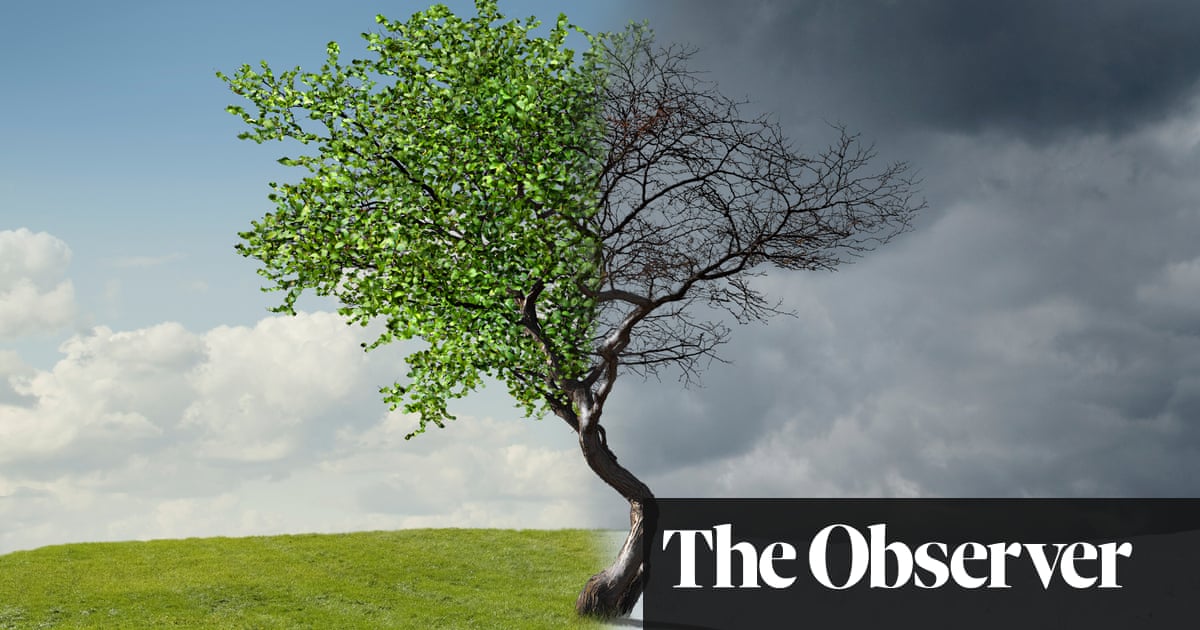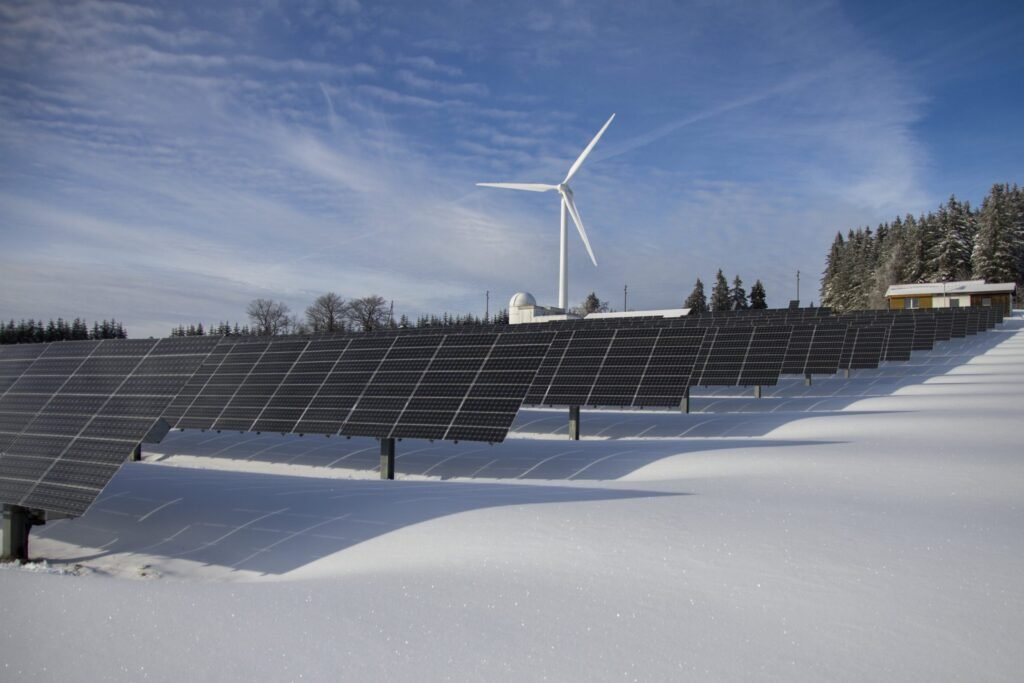Quotes from “What If People Don’t Need to Care About Climate Change to Fix It?” published in the New York Times:
Ritchie, a senior researcher in the Program on Global Development at the University of Oxford and deputy editor at the online publication Our World in Data, is the author of the upcoming book, “Not the End of the World.” In it, she argues that the flood of doom-laden stats and stories about climate change is obscuring our ability to imagine solutions to the crisis and envision a sustainable, livable future. That brighter story is one Ritchie, who is 30, builds by pointing to the progress being made in areas like deforestation, air cleanliness and the falling cost and rising adoption of clean-energy technologies.
Oh, yes, I’ve avoided the plastic straw, I’ve got my bag: I can drive my petrol car now and eat lots of meat. The risk is that people focus entirely on the small and miss the big stuff.
For most people in the world, reducing their meat consumption would have a big impact. Reducing food waste. How you travel: walking, cycling, public transport is always best. In terms of household energy, the big thing is heating or cooling.
So this notion that for climate action to happen everyone needs to be convinced that climate change is a big problem — and the leaders in power also need to believe it — just doesn’t seem to be true when you look at the data. Americans like clean energy across the board. What people on the right don’t like is people telling them they have to have solar and wind. They don’t like requirements or mandates. But if there’s good technology there, they deploy it. What they also don’t like is being told that they have to do it on the basis of climate change.
Climate change is a massive problem, but it’s one of many massive problems that we face, and when we live in democracies, we vote for the problems that we think we need to tackle and need to balance with other problems.
Click below to visit article:

Click below to read an excerpt published by The Guardian:






